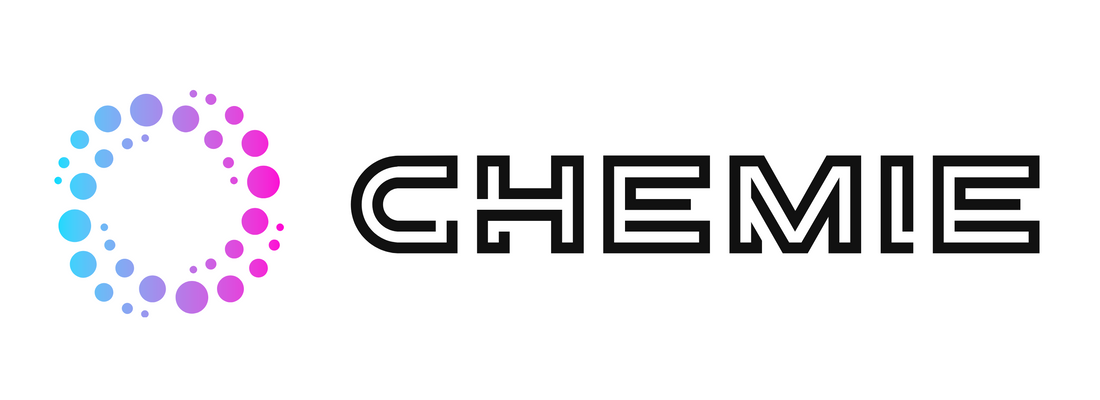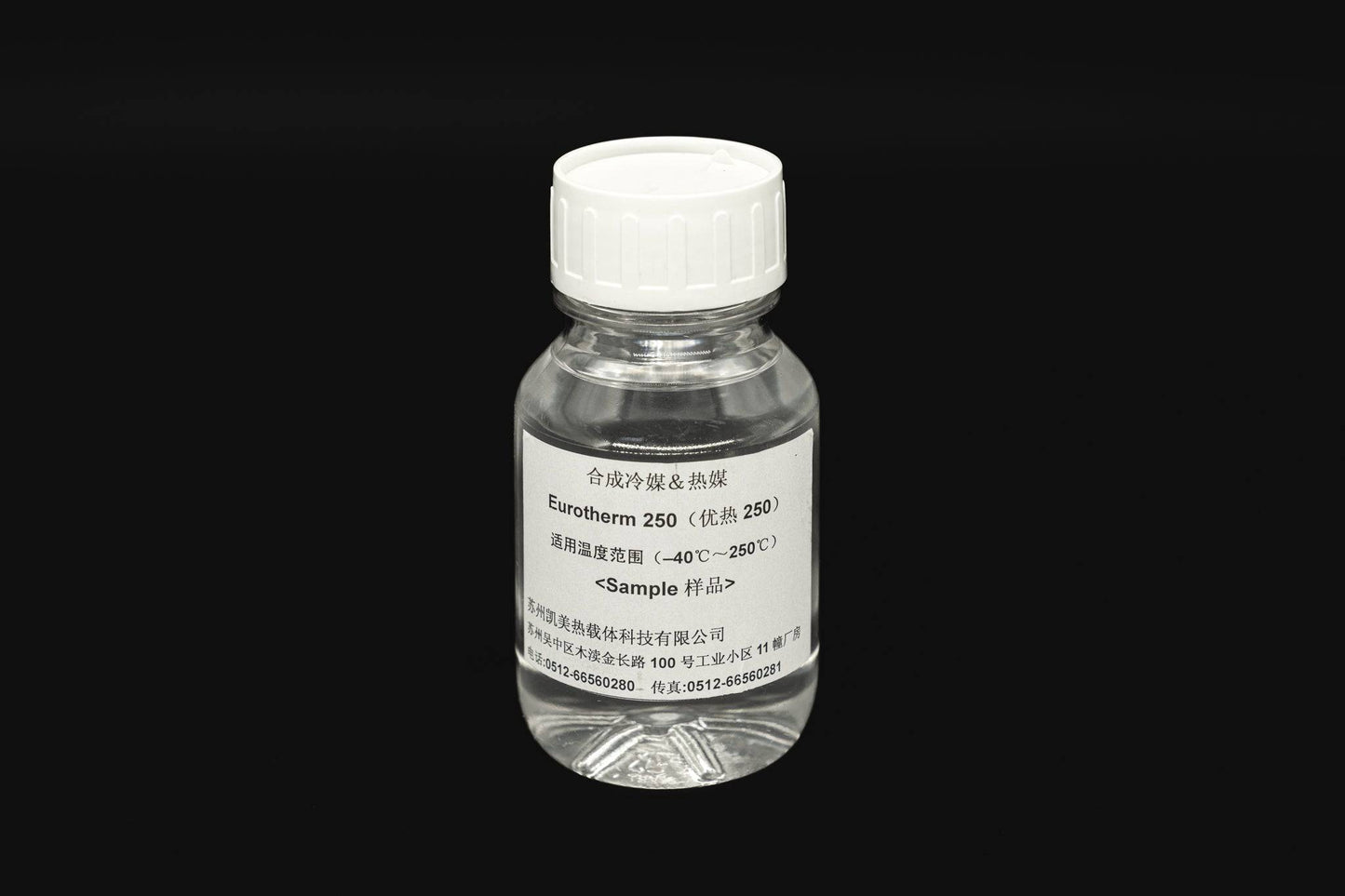An Unbiased View of Chemie
An Unbiased View of Chemie
Blog Article
Chemie Things To Know Before You Get This
Table of ContentsThe Ultimate Guide To ChemieThe 7-Second Trick For ChemieThe 9-Second Trick For ChemieThe Of ChemieGetting The Chemie To WorkSome Known Details About Chemie
(https://chemie999.carrd.co/)Measured change in electric conductivity of liquid samples as a function of time when stirred with the resin example in the closed indirect cooling loophole experiment. Figure 6 reveals the modification in the gauged electrical conductivity of the liquid examples when stirred with the resin sample. The conductivity of the water sample from the closed loop experiment decreased by approximately 70% from 11.77 S/cm to 3.32 S/cm in six hours.These outcomes suggested that the capacity of the material depends on the test fluid made use of for the experiment. This shows that different ions present in the liquid will certainly lead to different ion exchange capability of the fluid. Consequently, computing the ion exchange material ability with the fluid sample from the actual air conditioning loophole is necessary.
The Buzz on Chemie
An ion exchange material cartridge containing 20g of Dowex blended bed material may take on order 938 days to saturate - dielectric coolant. To put it simply, to maintain a low electric conductivity, a material cartridge with the measurement and weight specification as that of the resin cartridge utilized in the experiment, require to be altered every 30 months for the cooling system that was used in the experiment
The air conditioning of digital components has actually become a significant challenge in current times because of the developments in the layout of faster and smaller parts. As a result, different air conditioning modern technologies have actually been developed to successfully get rid of the heat from these elements [1, 2] Making use of a liquid coolant has actually come to be attractive as a result of the higher warm transfer coefficient accomplished as contrasted to air-cooling.
Fascination About Chemie
A solitary phase cooling loophole includes a pump, a warmth exchanger (chilly plate/mini- or micro-channels), and a warmth sink (radiator with a fan or a liquid-to-liquid heat exchanger with chilled water air conditioning). The heat resource in the electronics system is attached to the warm exchanger. Fluid coolants are likewise made use of in two-phase systems, such as warm pipes, thermo-siphons, sub-cooled boiling, spray cooling, and direct immersion systems [2, 4]
The needs may vary depending on the kind of application. Adhering to is a listing of some general needs: Good thermo-physical buildings (high thermal conductivity and specific warmth; reduced thickness; high hidden warm of evaporation for two-phase application) Reduced cold point and burst point (often ruptured defense at -40 C or reduced is needed for delivery and/or storage space objectives) High atmospheric boiling factor (or reduced vapor stress at the operating temperature level) for solitary phase system; a slim preferred boiling factor for a two-phase system Excellent chemical and thermal security for the life of the electronic devices system High flash factor and auto-ignition temperature level (often non-combustibility is a need) Non-corrosive to products of building and construction (metals along with polymers and other non-metals) No or marginal governing restraints (environmentally friendly, safe, and possibly naturally degradable) Cost-effective The most effective electronics coolant is a low-cost and safe liquid with exceptional thermo-physical residential properties and a lengthy solution life.
Rumored Buzz on Chemie
Many of these fluids have a non-discernible odor and are safe in case of call with skin or consumption. As pointed out before, aliphatic PAO-based fluids have replaced the silicate-ester liquids in a variety of armed forces electronics (and avionics) cooling applications in the find out here now last decade. One more class of preferred coolant chemistry is dimethyl- and methyl phenyl-poly (siloxane) or frequently called silicone oil.
Of all, these fluids are non-combustible and safe. Some fluorinated substances have no ozone diminishing prospective and various other environmental buildings.
Ethylene glycol is colorless and virtually odorless and is completely miscible with water. When effectively prevented, it has a fairly low corrosivity. This coolant is categorized as harmful and must be handled and disposed of with care. The quality of water used for the prep work of a glycol option is extremely vital for the system.
Get This Report about Chemie

This is a low cost antifreeze solution, finding use in refrigeration solutions and ground resource warmth pumps - silicone synthetic oil. This liquid can be used down to -40 C owing to its relatively high price of warm transfer in this temperature array.
It is thought about more unsafe than ethylene glycol and as a result has found usage only for process applications located outdoors. Methanol is a combustible fluid and, as such, introduces a possible fire hazard where it is saved, managed, or utilized.
Not known Details About Chemie
As a flammable liquid, it calls for certain preventative measures for taking care of and storage space. Aqueous solutions of calcium chloride discover wide use as distributing coolants in food plants. It is non-flammable, non-toxic and thermally a lot more efficient than the glycol services. A 29% (by wt.) calcium chloride remedy has a freezing point below -40 C.

Report this page